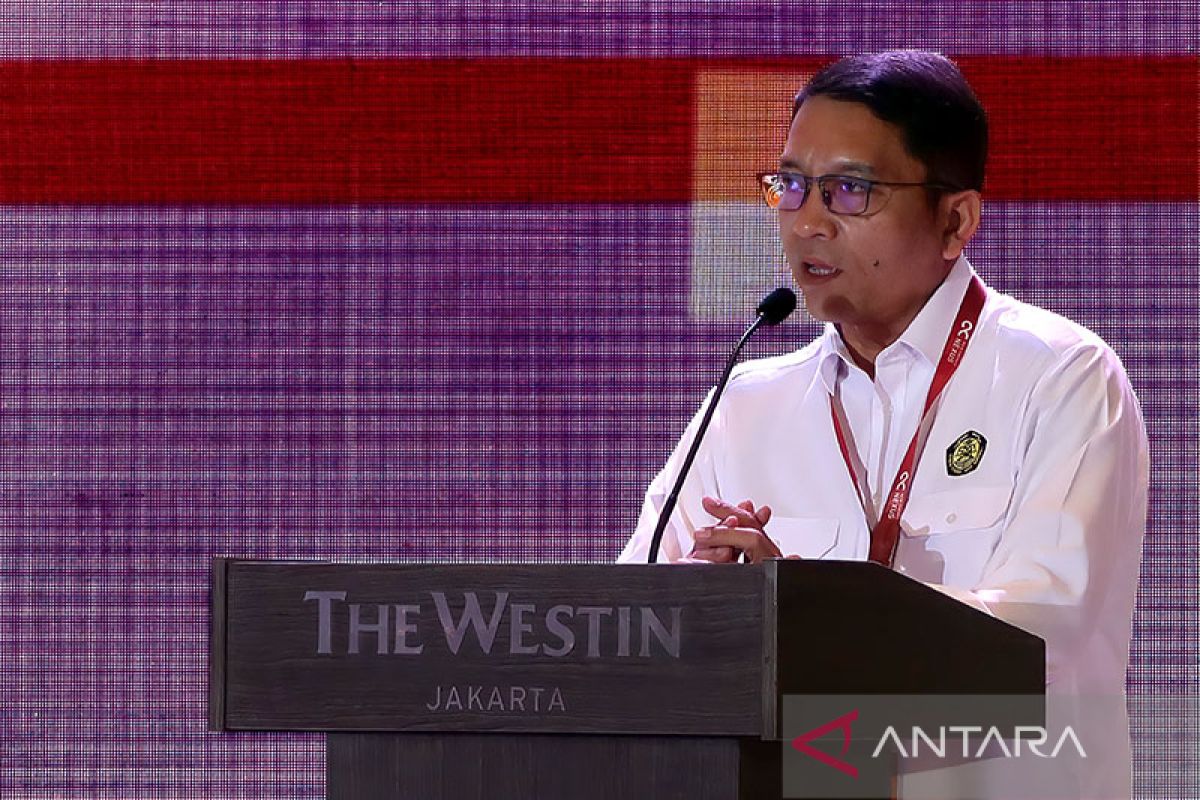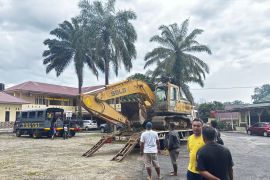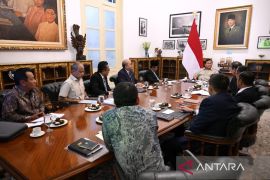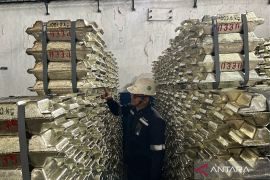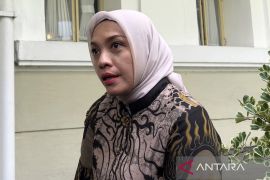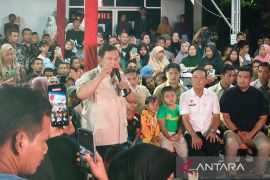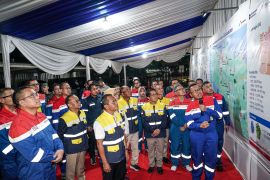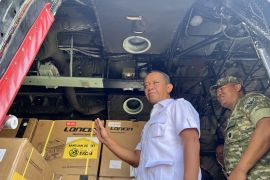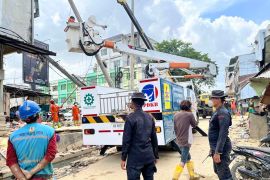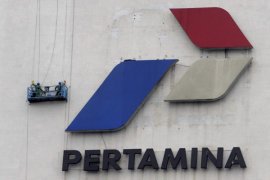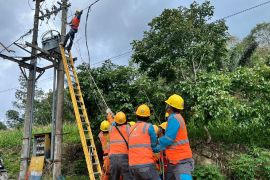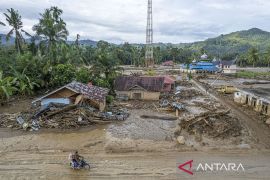Director general of new, renewable energy and energy conservation at the ministry, Dadan Kusdiana, said that optimizing innovation in the clean energy utilization ecosystem must be carried out not only to pursue the energy transition, but to also improve people's welfare in an inclusive manner.
"We encourage the entry of electricity and economic activity. There used to be an Energy Independent Village program. Now, in several locations, we are also encouraging such programs," he informed at a national seminar on “Patriot Energi 2022,” which was followed online from here on Monday.
The development of community-based clean energy that supports the local economy could include green electricity for fisheries and agriculture, rooftop solar power plants (PLTS) for refrigeration facilities, and pilot projects for electric boats and solar-powered boat battery charging stations, Kusdiana said.
By pursuing new and renewable energy development to support the local economy, the program is expected to provide decent work and protection to workers as the transition to clean energy can reduce barriers and create job opportunities for communities by optimizing their capacities.
Then, the green electricity can also increase social and economic development because innovation and energy development can open up opportunities to improve social welfare while alleviating energy poverty.
Furthermore, community-based new and renewable energy development can also ensure equality, social inclusion, and justice because energy development can promote inclusiveness in the community by emphasizing that no one must be left behind.
Clean energy and innovation can also encourage community cooperation and collaboration in many aspects, including decision-making and building trust, among others.
Kusdiana explained that one of the community-based new and renewable energy development projects that support the local economy can be witnessed in Tepal village, Sumbawa, West Nusa Tenggara province.
In 2009, the ESDM Ministry and the Ministry of Cooperatives and Small and Medium Enterprises (SMEs) built micro-hydro power plants with a capacity of 25 kilowatts and 40 kilowatts, respectively.
The power plants operate 24 hours a day and provide electricity to 339 homes, 5 public facilities, 20 kiosks, and 7 productive workshops, including coffee processing machines.
The green electricity generated from the water allows farmers to process coffee beans, package processed products, and sell coffee products at 900 percent higher prices.
"Micro hydro, I think this is one of the best options because electricity can be used as a base load, operate for 24 hours. Many activities can be created from these activities," said Kusdiana.
Related news: Energy transition important to avoid impact of climate change:KADIN
Related news: Need strong ecosystem to support energy transition: BRIN
Translator: Sugiharto Purnama, Katriana
Editor: Rahmad Nasution
Copyright © ANTARA 2022
